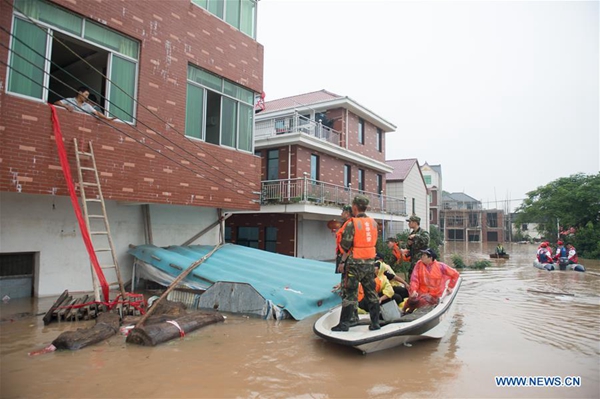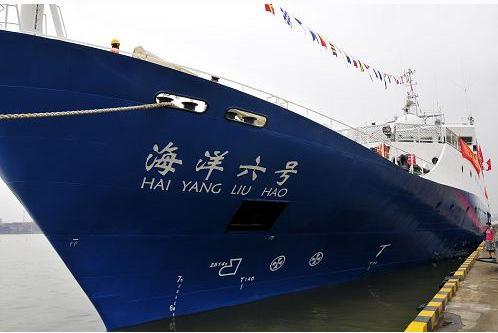UNEP: China’s desert greening inspires world
China’s success in reforesting a major desert, which was once the source of frequent sandstorms in north China, has provided ideas for other countries battling desertification, a senior UN official said.
United Nations Environment Programme (UNEP) executive director Erik Solheim said Sunday the main inspiration was that instead of looking at desertification as a problem, it should be viewed as an opportunity for economic development and for jobs.
He was referring to Kubuqi Desert, the seventh largest desert in China that lies in Inner Mongolia Autonomous Region. Over the past three decades, a quarter of the desert has been reforested.
A UNEP policy report says the core of the success at Kubuqi is its sustainable business model, and the establishment of a system that incorporates policy instruments, investment from the private sector and active participation of locals.
“We need the government to have visions, to regulate the market, but we need the private sector to bring innovative ideas and create jobs,” said Solheim in an interview with Xinhua during his three-day visit to the desert from Saturday to Monday.
He said he was impressed by the large number of jobs created in new energy and eco-tourism as well as processes introduced by the private sector.
“We can use drones to spread seeds,” Solheim said. “For countries in Africa and Central Asia, they can learn from Kubuqi and use that to create their own models.”
UNEP on Saturday signed a cooperation memorandum with a foundation under Elion Resources Group, the company active in Kubuqi greening, to share information and boost innovation in fighting desertification.
Solheim said UNEP is also working with China to set up an International Coalition for Green Development on the Belt and Road to promote renewable energy, encourage greener infrastructure, industries and tourism.
The UNEP chief will again visit Kubuqi this September to attend a meeting of United Nations Convention to Combat Desertification, which is expected to draw a roadmap to end desert expansion by 2030.
“I’ll come again, …and tell the world about the Kubuqi model,” Solheim said.
![[File photo: jlonline.com]](http://images.china.cn/attachement/jpg/site1007/20170627/b8aeed9906a71abbf5f205.jpg)

